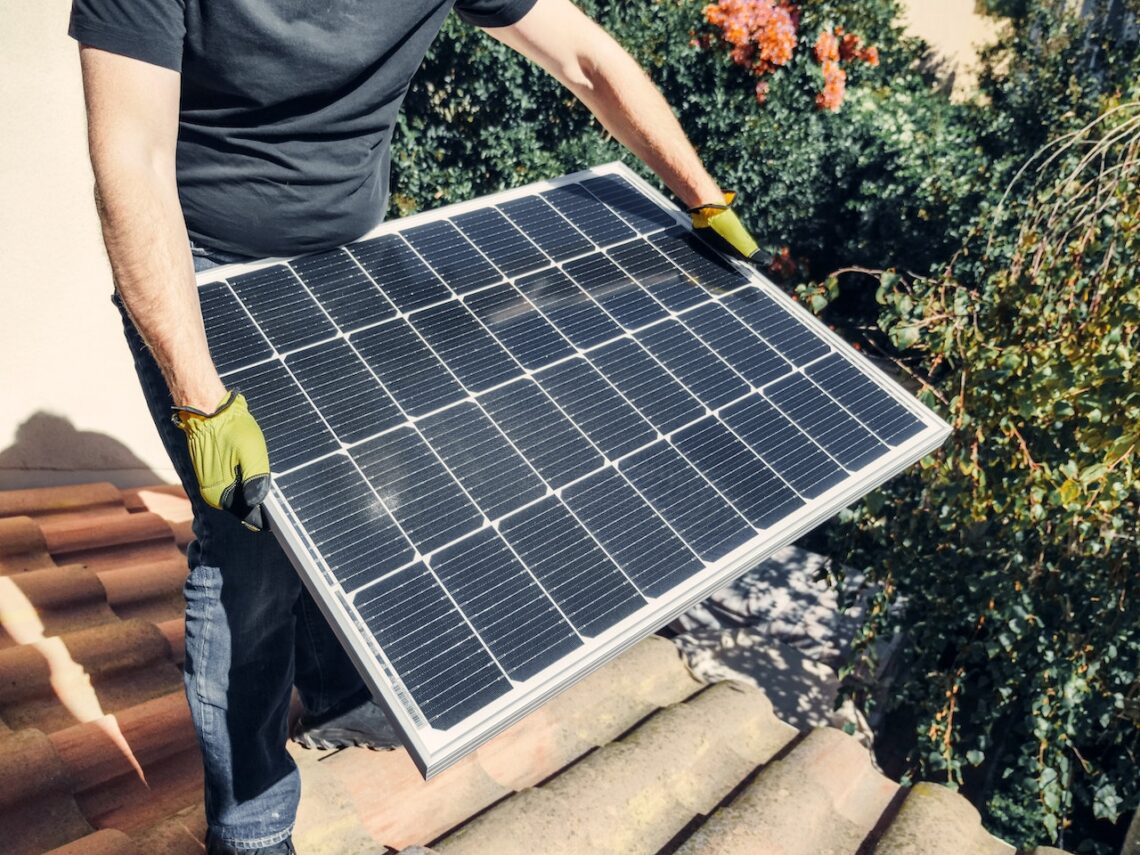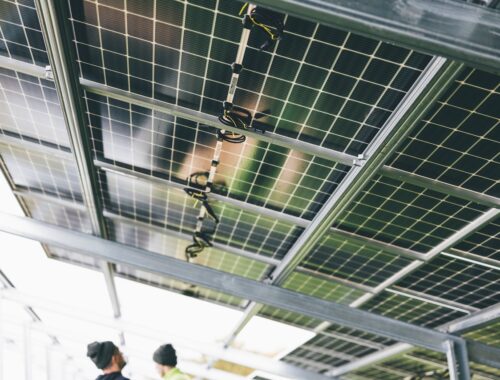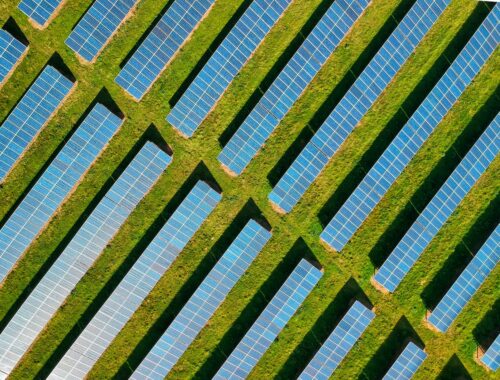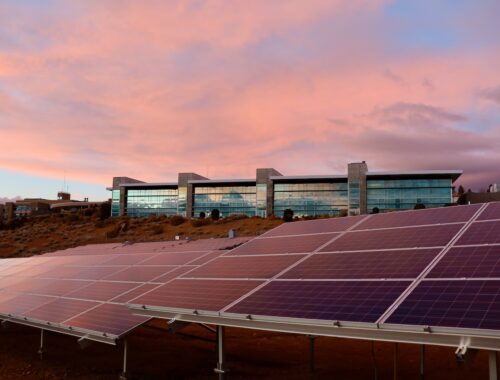
How can I power my home with solar energy?
Powering your home with solar energy is a great way to reduce your dependence on traditional sources of energy, such as coal, oil, and natural gas, and to take advantage of the benefits of clean, renewable energy. Whether you are looking to save money on your energy bills, reduce your carbon footprint, or simply generate your own electricity, there are a number of steps that you can take to power your home with solar energy.
The first step in powering your home with solar energy is to determine your energy needs. This involves evaluating your energy consumption, determining the amount of electricity that you use on a daily, weekly, and monthly basis, and considering any future changes in your energy needs. This information will help you to determine the size of the solar energy system that you need, and to estimate the costs and benefits of installing a system.
Once you have determined your energy needs, the next step is to choose a solar energy system that meets your needs. There are different types of solar energy systems available, including grid-tied systems, off-grid systems, and hybrid systems, and each type of system has its own unique advantages and disadvantages. When choosing a system, it is important to consider the specific needs and requirements of your home, and to choose a system that is right for you.
Once you have chosen a solar energy system, the next step is to have the system installed. This typically involves hiring a professional contractor, who will assess the site, design the system, and install the panels and other components. When selecting a contractor, it is important to choose a contractor who is experienced and knowledgeable, and who is licensed and insured.

Once the system is installed, the next step is to monitor and maintain the system. This involves regularly checking the system to ensure that it is functioning properly, and making any necessary repairs or maintenance. It is also important to monitor your energy consumption, and to track the amount of electricity that you are generating from the system.
One of the main benefits of powering your home with solar energy is the potential to save money on your energy bills. By generating your own electricity, you can reduce your dependence on traditional sources of energy, and you can save money on your energy bills over time. In addition, the cost of solar energy has been decreasing in recent years, and it is becoming an increasingly cost-effective and affordable source of energy.
Another important benefit of powering your home with solar energy is the potential to reduce your carbon footprint. By using clean, renewable energy, you can help to reduce your greenhouse gas emissions, and you can help to mitigate the impacts of climate change. This can help to create a more sustainable future, and it can help to conserve finite resources for future generations.
It is also important to note that there are a number of incentives and tax credits available for homeowners who power their homes with solar energy. These incentives can help to offset the costs of installing a solar energy system, and they can make it more affordable for homeowners to switch to solar energy. For example, the Federal Investment Tax Credit (ITC) offers a tax credit of 26% for homeowners who install a solar energy system, and many states also offer rebates and other incentives for solar energy systems.
In addition, there are a number of financing options available for homeowners who want to power their homes with solar energy. These options can help to make it easier for homeowners to install a solar energy system, and they can help to reduce the upfront costs of the system. For example, some homeowners may choose to finance their solar energy system through a loan, while others may opt to lease their system, which can allow them to take advantage of the benefits of solar energy without having to pay the upfront costs of the system.
It is also important to consider the impact of solar energy on the environment. Solar energy is a clean, renewable source of energy that does not produce greenhouse gas emissions, and it does not contribute to air and water pollution. In addition, solar energy systems have a low impact on the environment, as they do not require large amounts of land, water, or other resources, and they do not produce waste or other pollutants.
It is also worth mentioning that by installing a solar energy system, you can become part of a larger community of people who are committed to using clean, renewable energy. By joining this community, you can help to raise awareness about the importance of solar energy, and you can help to encourage others to switch to solar energy as well.
In addition, by installing a solar energy system, you can also help to create jobs and stimulate economic growth in your local community. The installation and maintenance of solar energy systems creates jobs, and it can help to stimulate economic growth by supporting local businesses and entrepreneurs.
It is worth mentioning that powering your home with solar energy can also help to improve energy security. By generating your own electricity, you can reduce your dependence on traditional sources of energy, and you can reduce your vulnerability to energy price fluctuations and other disruptions in the energy market. This can help to improve your energy security, and it can help to ensure that you have a reliable source of energy for your home.
Powering your home with solar energy is a great way to reduce your dependence on traditional sources of energy, and to take advantage of the benefits of clean, renewable energy. Whether you are looking to save money on your energy bills, reduce your carbon footprint, or simply generate your own electricity, there are a number of steps that you can take to power your home with solar energy, including determining your energy needs, choosing a solar energy system, having the system installed, monitoring and maintaining the system, and enjoying the benefits of clean, renewable energy.
You May Also Like

How does solar energy work?
March 30, 2023
Who invented solar energy?
March 31, 2023

